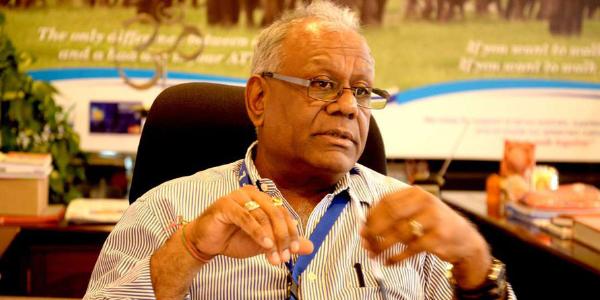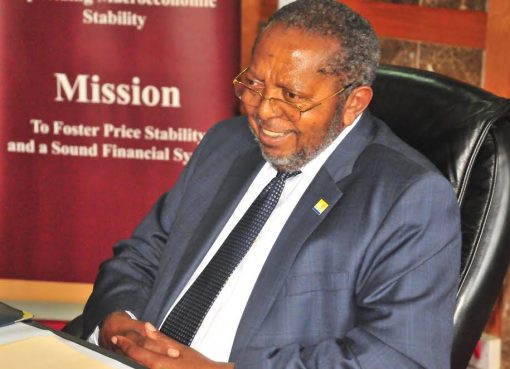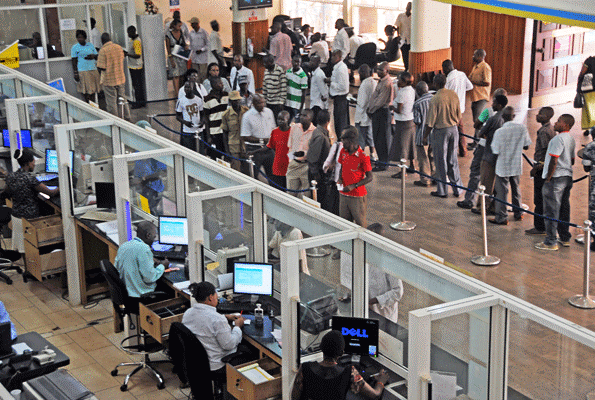International firms from the British, Norwegian, and Dutch Governments have allegedly colluded with the management of dfcu bank and Bank of Uganda (BoU) as the Regulator of commercial banks to cheat the shareholders Of Crane Bank of their assets.
Sources indicate that the governments of Britain, Norway and the Netherlands knew about this fraudulent transaction and are wholly behind it since the firms involved as shareholders in dfcu bank are government owned.
Known for their stance on ethics and anti-corruption, it’s surprising that they have supported the wrongful acquisition of Crane Bank by dfcu bank in such a fraudulent way as seen in the agreement between BoU and dfcu bank.
Britain’s Commonwealth Development Cooperation Group (CDC) owns a 20% shareholding stake in dfcu Bank.
The CDC is Great Britain’s Development Finance Institution, and is seeking new ways to expand the market for impact investment in Africa and South Asia. As a part of those efforts, the CDC set up a $110 million dollar Department for International Development (DFID) Impact Fund.
On this basis, Commonwealth CDC together with other foreign firms like Rabo Development from the Netherlands and NorFinance from Norway are big time shareholders in Arise B.V together with Norfund, a Norwegian government owned Private Equity firm and FMO, the Dutch Development Bank.
These firms allegedly colluded with BoU Governor Emmanuel Tumusiime Mutebile and illegally acquired Crane Bank and its assets behind closed doors.
Following the illegal acquisition of Crane Bank, dfcu Bank’s net worth has more than doubled owing to assets and capital accrued from the illegal buying of Crane Bank.
As reported yesterday, dfcu bank has recorded an impressive Shs127.6bn net profit in the year ended 31 December 2017, up from Shs46.2bn registered in 2016. This means that the profit increased by a record Shs81.4bn.
According to the bank’s financial statements for 2017, dfcu bank registered impressive results on all key performance parameters.
Taking advantage of Crane Bank acquisition that brought in more high net customers, dfcu bank’s loans advanced to customers increased to Shs1.3 trillion, up from Shs834.8bn.
Customer deposits also increased to Shs1.98 trillion in 2017, up from Shs1.13 trillion a year earlier.
The bank’s total assets increased to a record Shs3 trillion, up from Shs1.7 trillion in 2016.
DFCU’s core capital also increased to Shs362bn in 2017, up from Shs188bn in 2016.
The bank’s total expenditure also increased to Shs350.8bn in 207, up from Shs197.6bn in 2016.
dfcu acquired Crane Bank, the then fourth largest bank in Uganda on February 27, 2017 at an unbelievable fee of Shs200bn which didn’t reflect assets that were valued at 1.3 trillion shillings.
Late last year, dfcu Bank indicated that certain assets and liabilities acquired from Crane Bank had been successfully integrated into their operations, a development that has seen the bank become one of the best performing banks in Uganda.
Riding on the successes of illegally acquiring Crane Bank, dfcu bank posted an impressive Shs114bn net profit in its half year results for 2017, up from Shs23.3bn in June 2016. This means that in the six months to December 2017 dfcu Bank made a net profit of Shs13.6bn.
The bank’s shareholders; CDC of Britain and the others from Norway, Netherlands and the others will be smiling all the way to the bank after proposed dividends increased to Shs51billion in 2017 up from Shs18.5billion in 2016.
As of October 2017, the major shareholders of DFCU bank are;
- Arise BV (majority shareholder with 58.71% ownership)
- CDC Group of the United Kingdom (9.97%)
- National Social Security Fund (Uganda)-7.69%
- Kimberlite Frontier Africa Naster Fund (6.15%) 5. SSB-Conrad N. Hilton Foundation (0.98%)
- Vanderbilt University (0.87%)
- Blakeney Management (0.63%)
- Bank of Uganda Staff Retirement Benefits Scheme (0.59%)
- Retail investors (11.19%) and two undisclosed Institutional Investors (3.22%).






Is mutebile still fit for the job?
One wonders why government protect the interests of foreign companies than its citizens.
Crane bank will build again